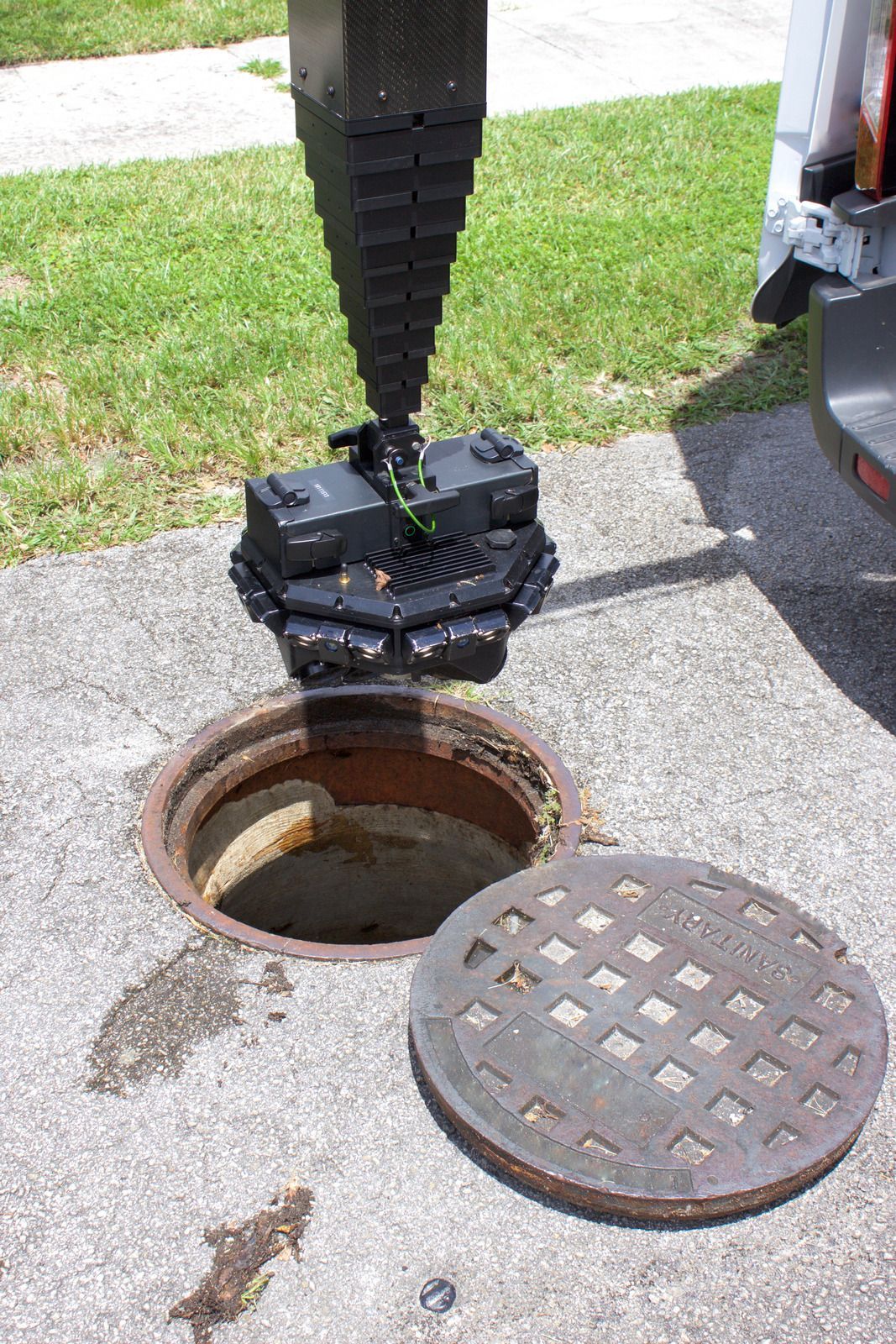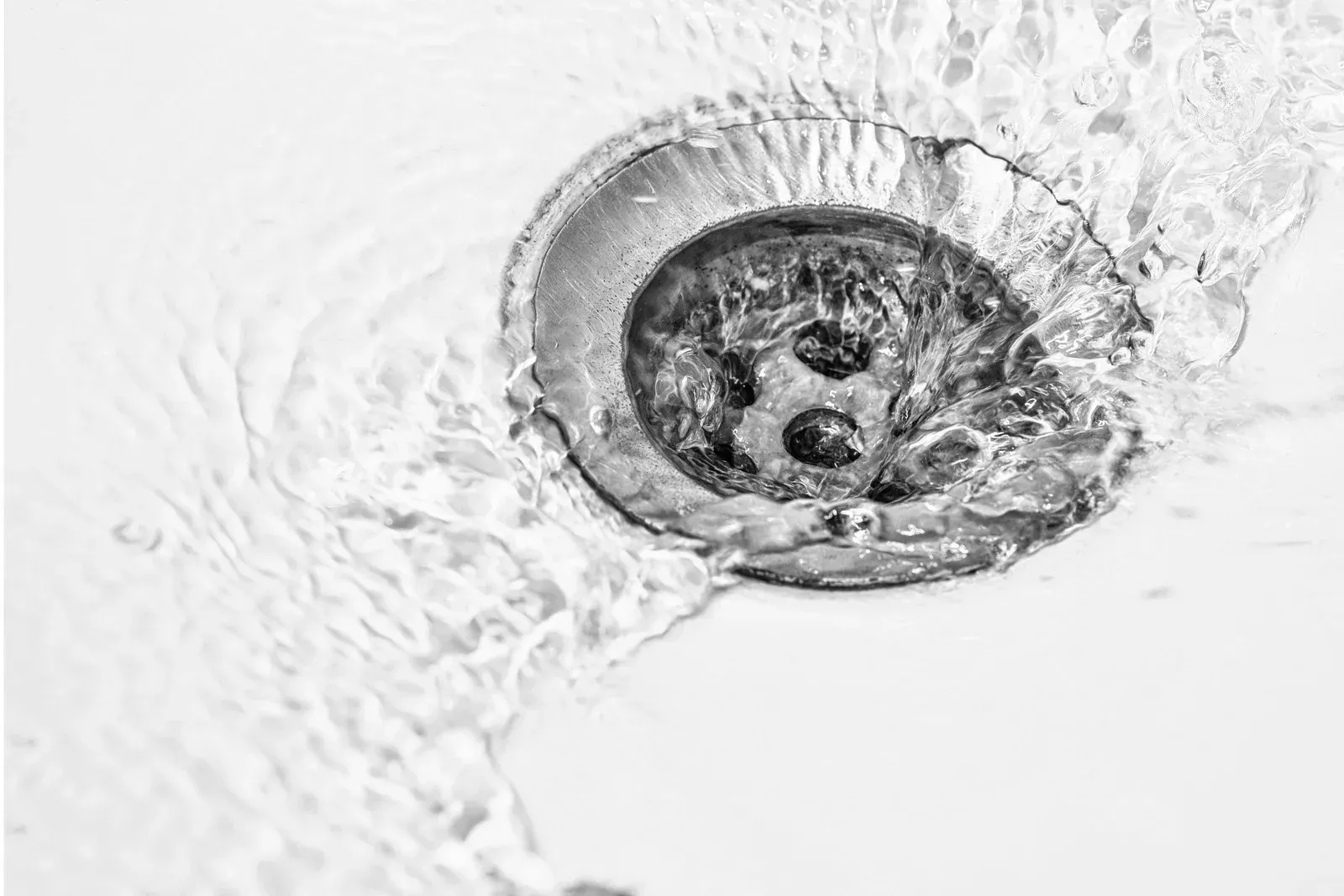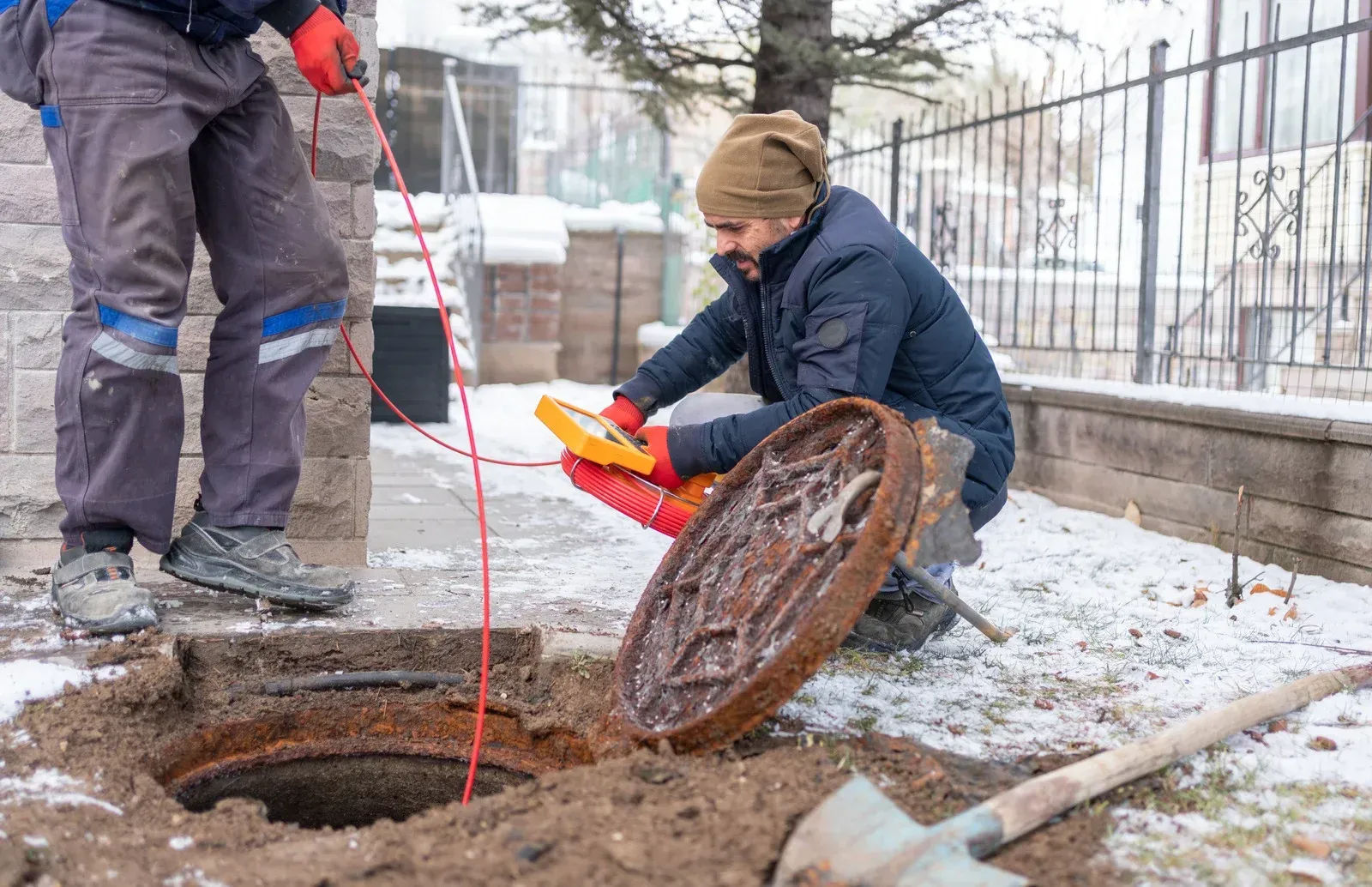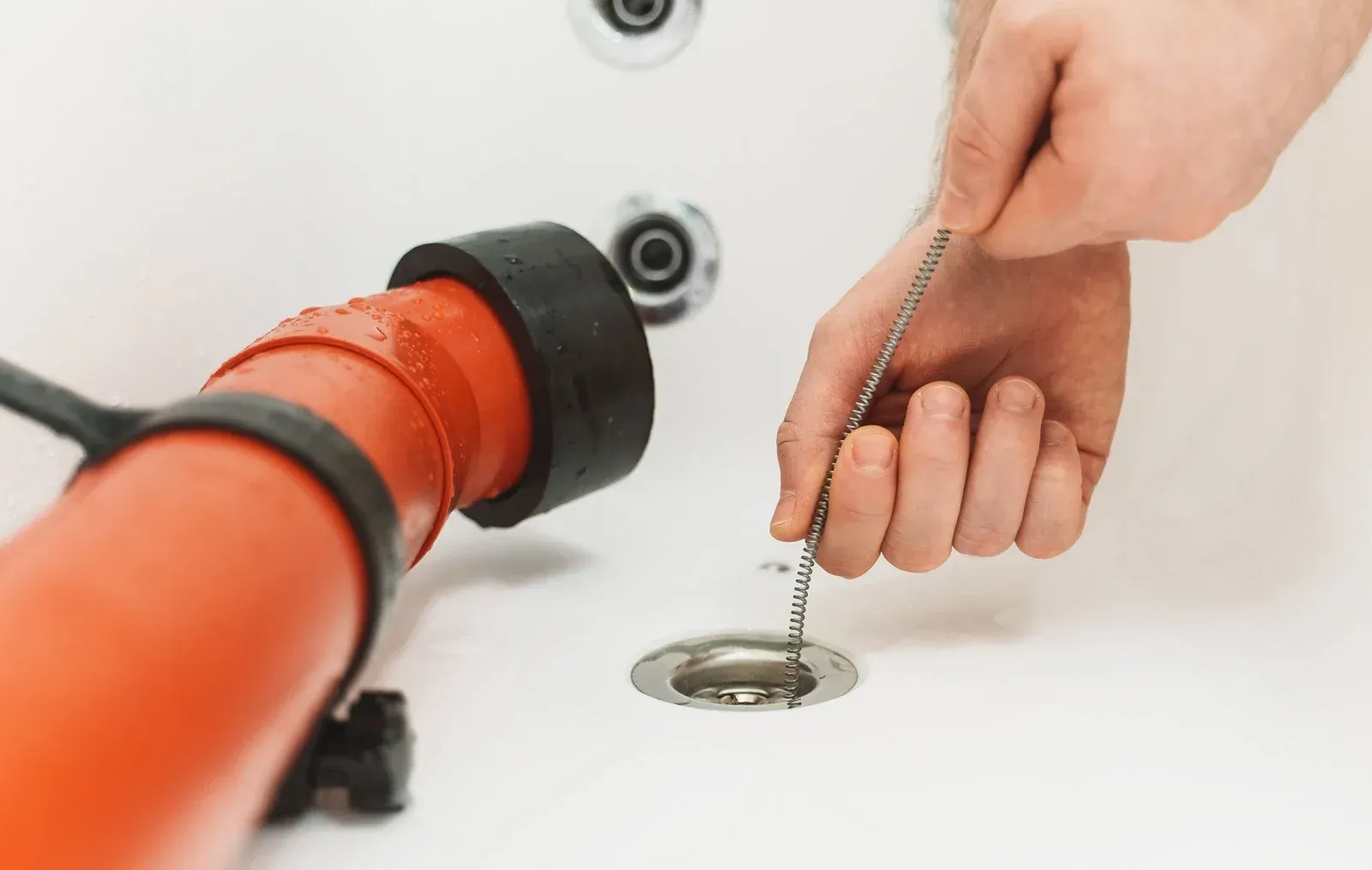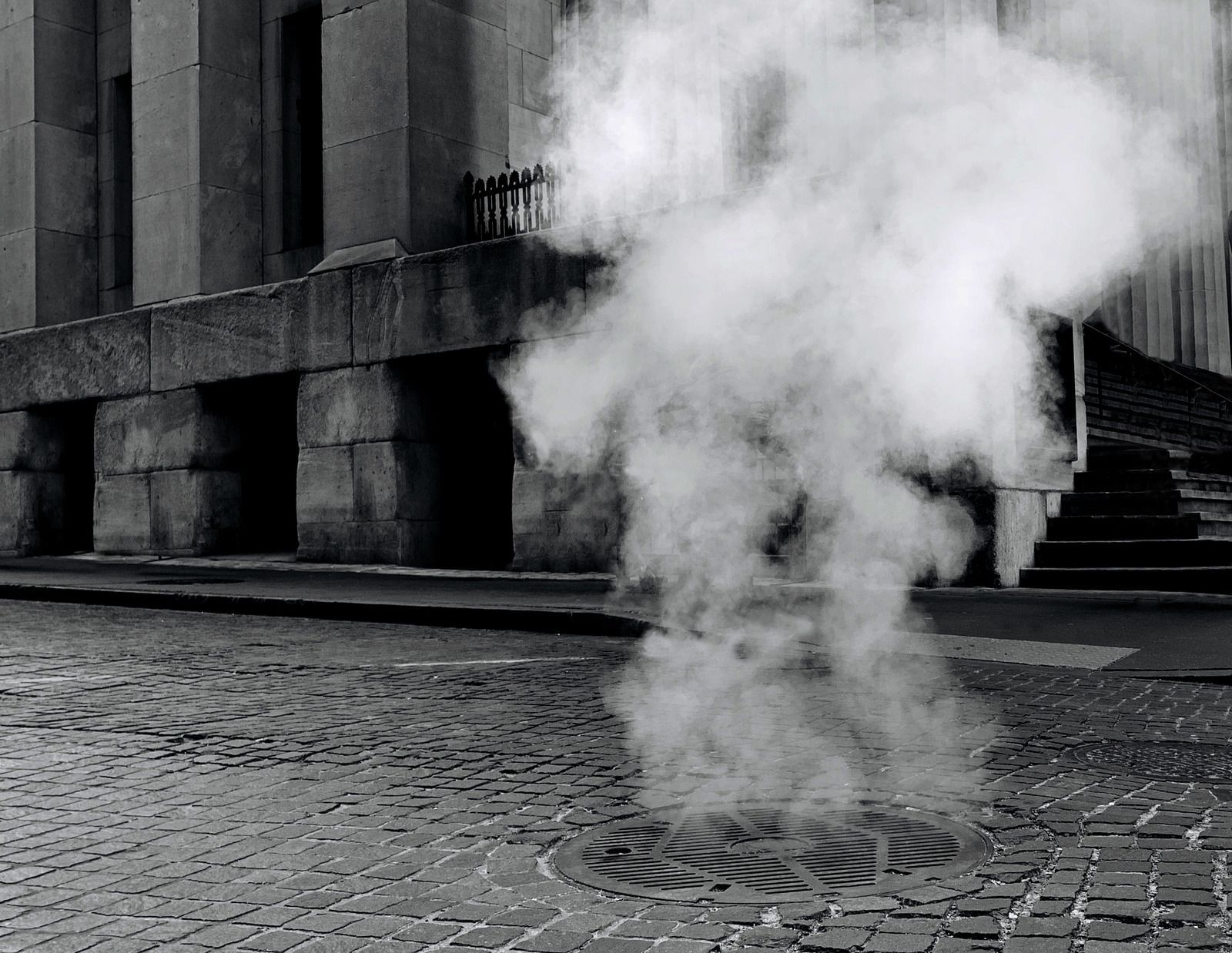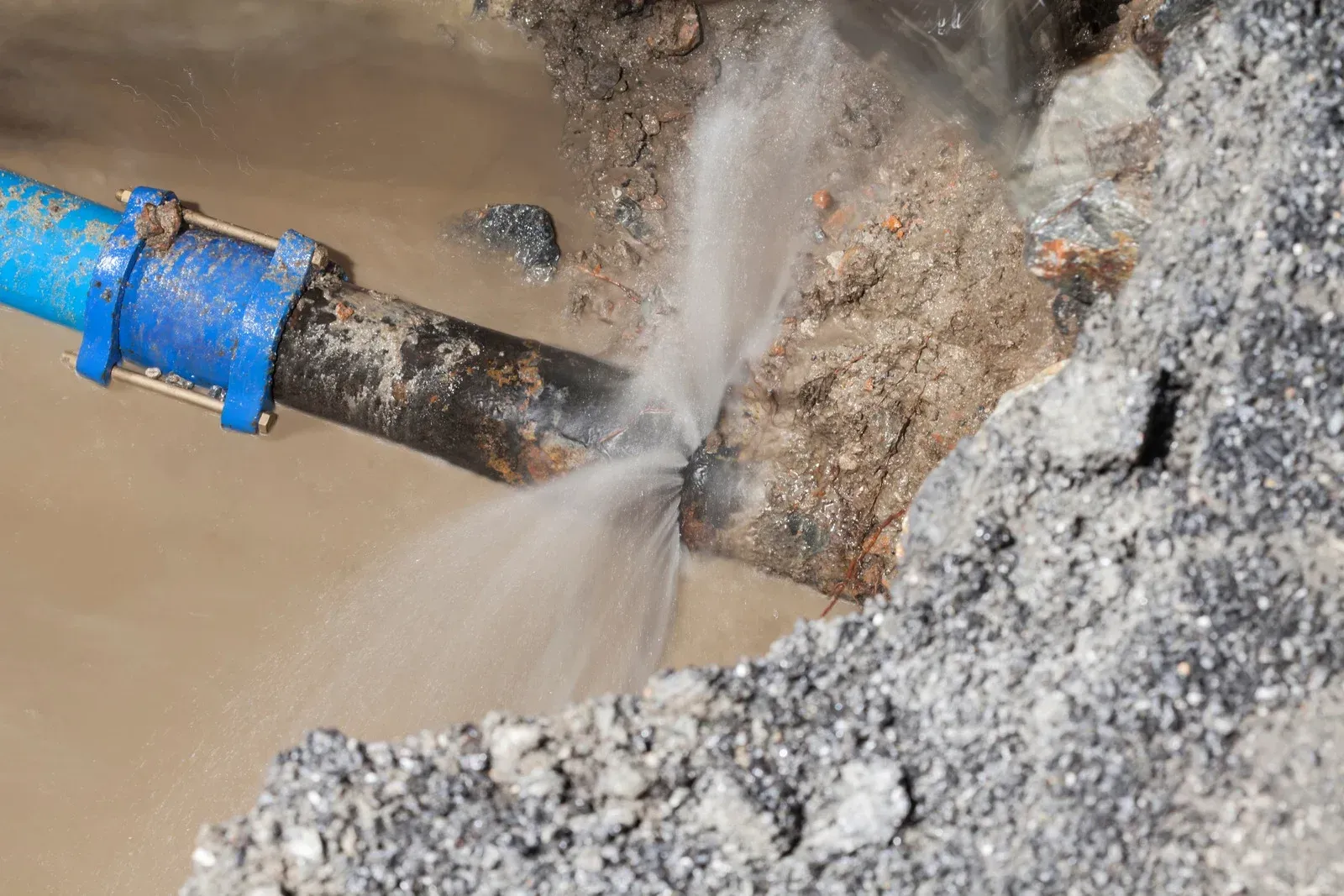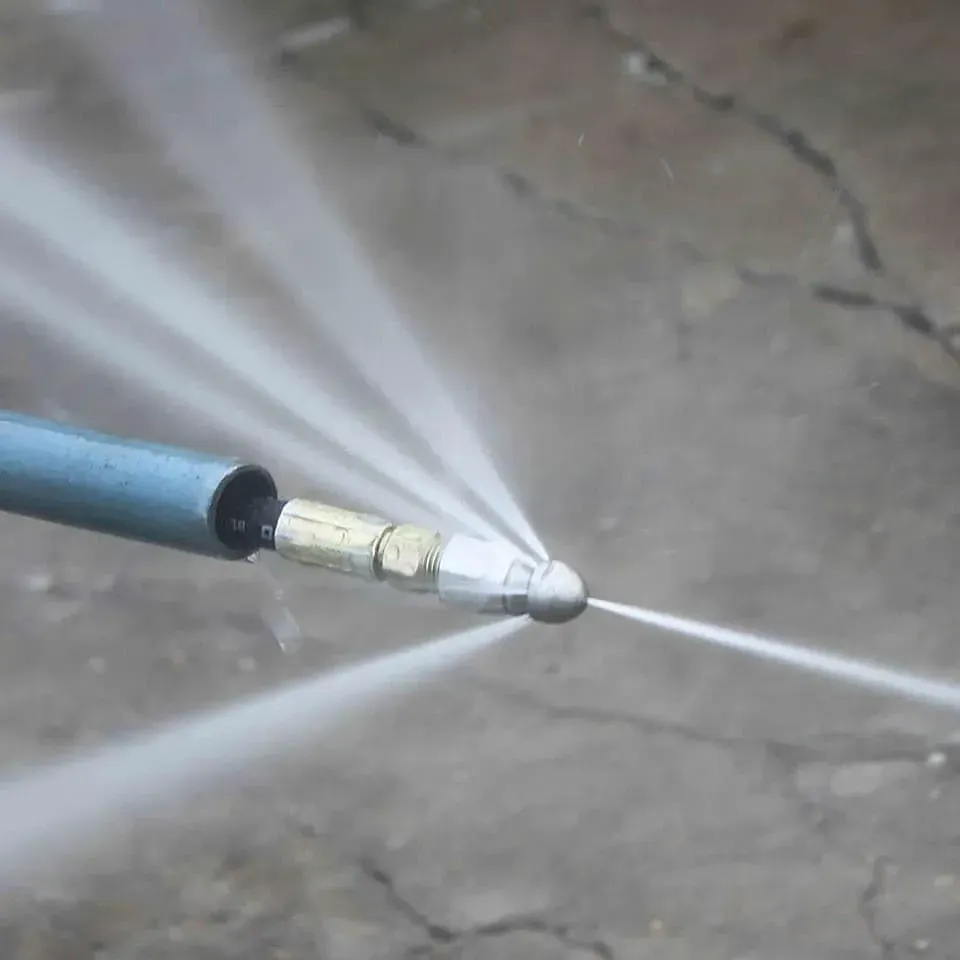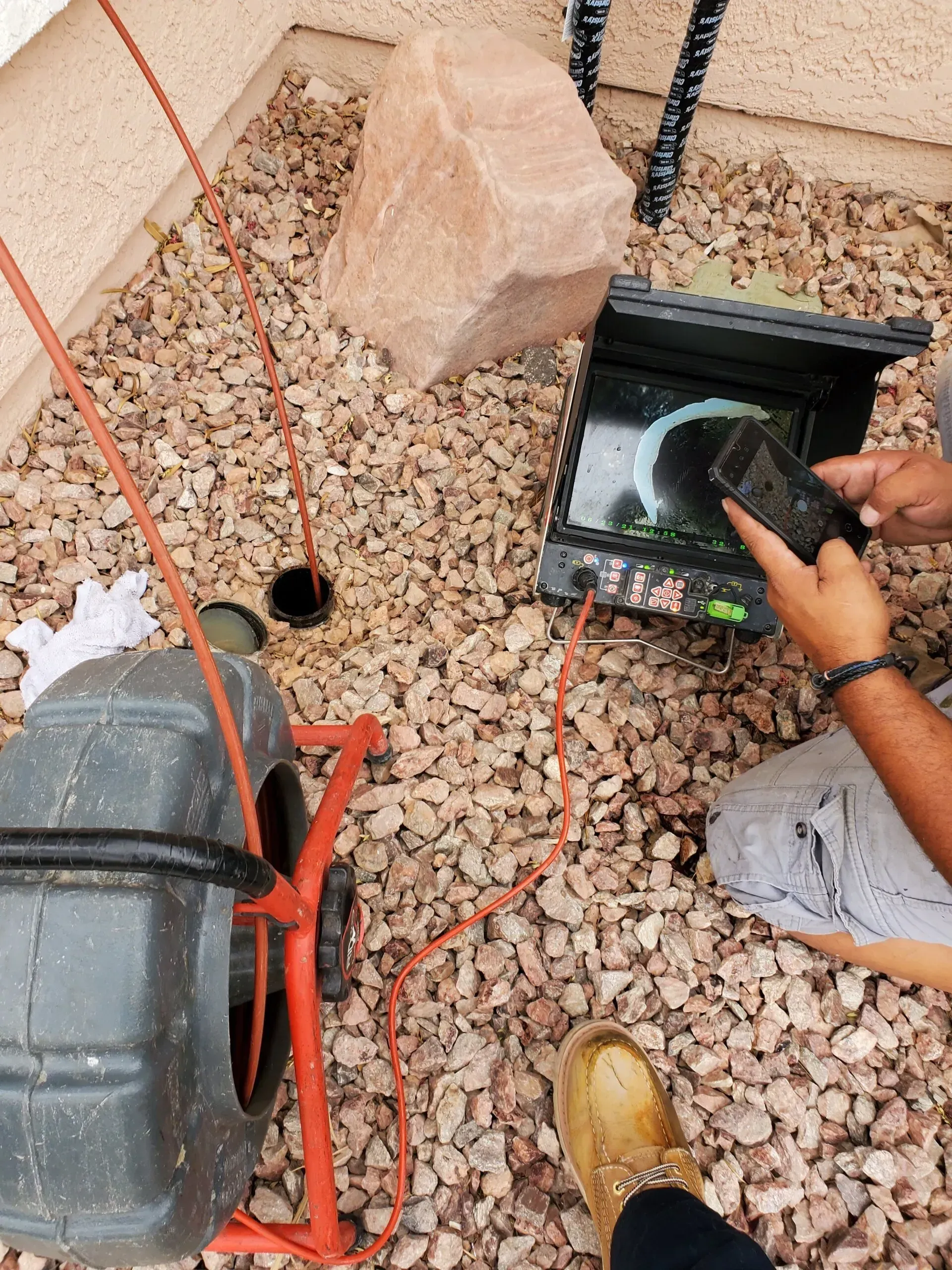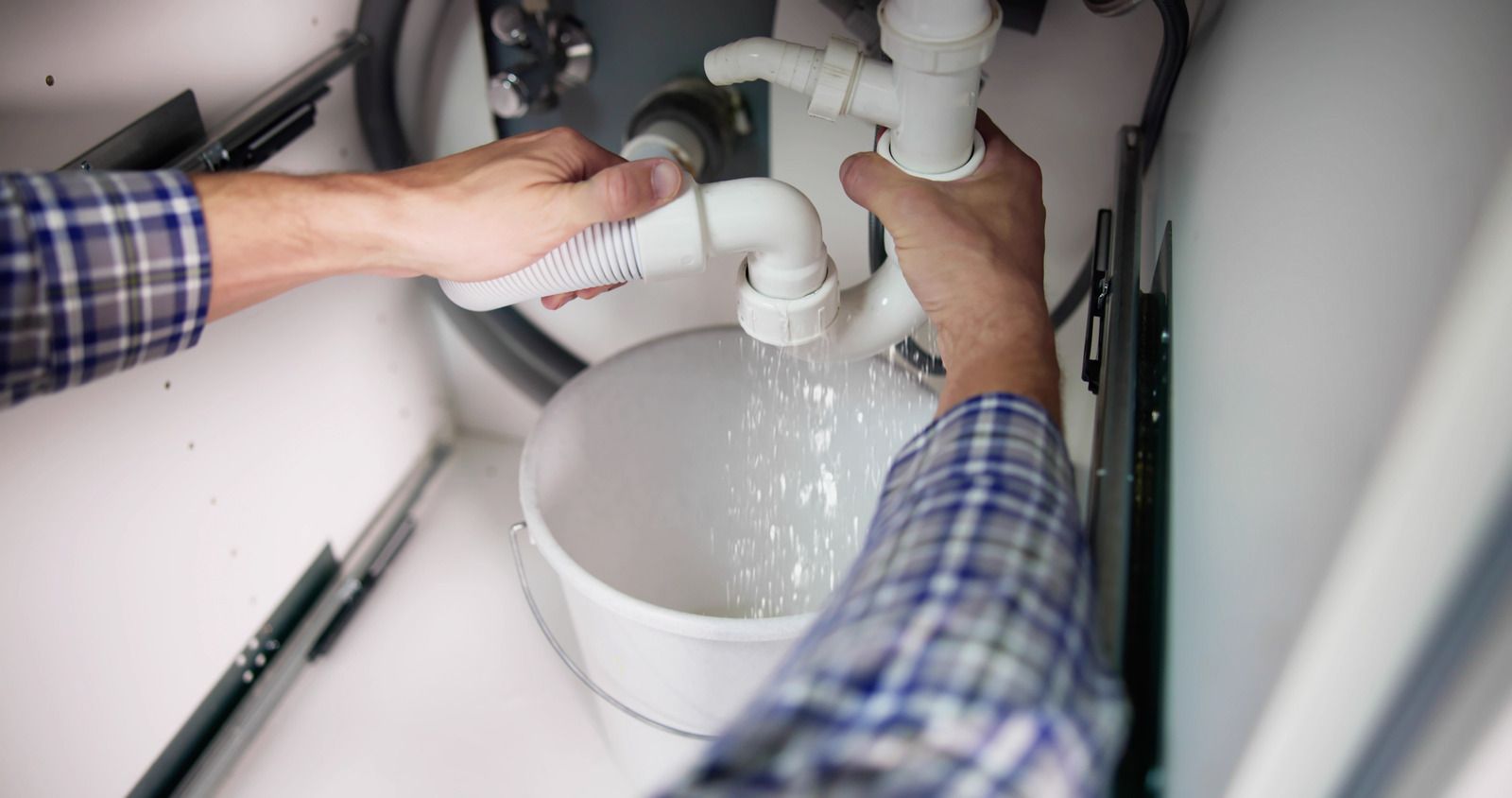Precautions and Best Practices in Hydro Jetting Services To Ensure Safety
When it comes to unclogging drains and cleaning sewer lines, hydro jetting has become the go-to solution for many professionals. It's effective, but like any powerful tool, it demands respect and proper handling. Here's a concise guide on the precautions and best practices to ensure safety during hydro jetting.
1. Gear Up: Safety First!
Why it matters:
- Pressurized water can rebound, risking injury.
- Splashes might contain harmful bacteria.
Safety Tips:
- Always wear goggles or a face shield.
- Slip-resistant gloves are a must.
- Protective clothing and waterproof boots will keep you dry and safe.
2. Look Before You Leap
Why it matters:
- Not every pipe is ready for a hydro jetting session.
- Some pipes might just be too old or fragile.
Simple steps:
- A quick camera inspection of the pipe can save a lot of trouble.
- Look for cracks or weak spots. Avoid high pressure in these areas.
- Always test with a lower pressure before going full blast.
3. The Machine is Your Friend
Why it matters:
- A hydro jetting machine is powerful. In the wrong hands, things can go wrong.
Simple steps:
- Learn the machine's ins and outs. Know where every button and switch is.
- Maintenance matters. A well-oiled machine is a safe machine.
- Always keep the user manual close. When in doubt, check it out.
4. Mind the Backflow
Why it matters:
- Dirty water can flow back. That's a health concern.
Simple steps:
- Make sure there's something that prevents backflow.
- Before starting, check that this backflow stopper works
5. Keep the Area Neat
Why it matters:
- Water everywhere means slip hazards.
Simple steps:
- Set up cones or signs. Let people know you're working.
- Done with the job? Clean up. Dry the area as best as you can.
- Store your equipment. Don't leave hoses or tools lying around.
6. Think Green
Why it matters:
- The environment matters. We all play a part.
Simple steps:
- Be careful where the wastewater goes.
- Try to catch and filter out the big stuff from the water.
- If your area has rules about dumping water, know them.
7. Knowledge is Power
Why it matters:
- The world changes. New methods and better ways have come along.
Simple steps:
- Training isn't just for beginners. Take a refresher course now and then.
- Join forums or groups. See what other professionals are doing.
- Safety first. Always.
Hydro jetting isn't rocket science, but it isn't child's play either. Whether you're just starting out or have been doing this for years, the basics remain the same. Dress right, check the pipes, know your equipment, watch the backflow, keep things tidy, think about Mother Nature, and never stop learning.
Remember that you're not just clearing out a blockage each time you go out there. You're doing a professional job, and it deserves all the care and attention you can give. Keep it safe and simple, and the job will be done before you know it.
